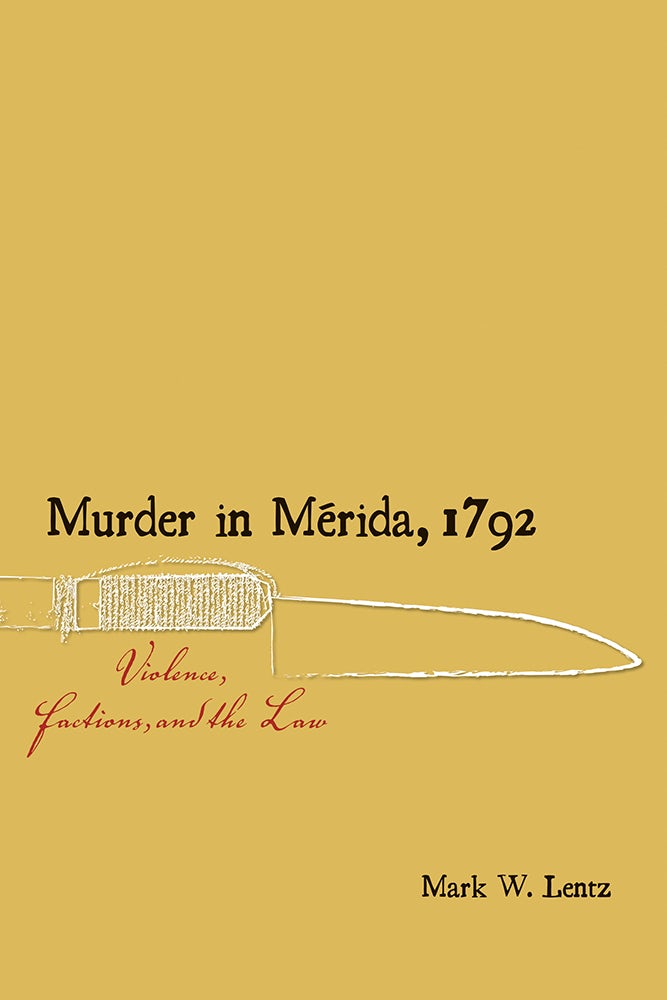Established in 2015 by the History Department, the Senior Thesis prize is awarded annually for a senior thesis of superior distinction in any historical field and period. In recognition of her contribution to the historical development and operation of Utah Valley University, the award is named in honor of Dr. Lucille T. Stoddard.
Recipient:
Vibeka Just, "Female Ambition and Mana: A Comparative Analysis of Gender Roles in Precolonial Central Polynesia"
Recipient:
Jarom Loch, "The Dimensions of Honor: Women's Credit and Reputation in Early Modern England, 1550-1700"
Recipient:
Scott Tryon, "Cooperation, Competition, or Complete Separation? The Atmosphere of British and Indian Aviation"
Recipient:
Gilbert M. Burns, “The Idol of Revolution: The Legacy of Ernesto ‘Che’ Guevara as a Military Leader”
Honorable Mention:
Kathleen Caringella, "’A Woman’s Resolve’: Sifting through Roman Historical Perspectives to Discern the Complex Humanity of Boudica"
Recipient:
Mariah Todd, “’Rallied Together’: Inclusive Methods of Anti-Nuclear Protest and the MX Missile”
Honorable Mention:
Nathan Van Aken, "The Imagined Mediterranean: Captivity Narratives and the Mediterranean in Elizabethan and Stuart England"
Recipient:
Ami Chopine, “Agency, Social Networks, and Organization Among Latter-day Saint Midwives: 1847-1900”
Honorable Mention:
Asierleigh Richards, “Encuentros Apocalípticos: Franciscan Millennialism and the Apostolic Inquisition”
Recipient:
Travis Alston, “George Croghan: Personal Politics of Empire in the Ohio Country, 1742-1770”
Recipient:
Morgan Hardy, “Victor Hugues’ Guadeloupian Privateers: Public Utility and the Ex-Slave Citizenry”
Recipient:
Debra Fotheringham, “Battling Boredom during the Utah War: Entertainment in Camp Floyd and Fairfield, 1858-1861”
Honorable Mention:
Emma Cragun, “‘One Constant Scene of Drunkenness’: Political Power, Identity, and Saloons in Utah, 1847-1900”
Recipient:
Mandy Albino, “Letras de Asesinato: Narcocorridos and the Battle for Censorship”
Honorable Mention:
Kristopher Willis, "Pope Pius II and Desiderius Erasmus: The Turkish Threat and the Need for Unity”

Murder in Merida, 1792: Violence, Factions, and the Law
University of New Mexico Press, 2018
During the summer of 1792, a man wearing the rough garb of a vaquero stepped out of the night shadows of Mérida, Yucatan, and murdered the province’s top royal official, don Lucas de Gálvez. This book recounts the mystery of the Gálvez murder and its resolution, an event that captured contemporaries’ imaginations throughout the Hispanic world and caused consternation on the part of authorities in both Mexico and Madrid. In this work Lentz further provides a readable introduction to the Bourbon Reforms as well as new insights on late colonial Yucatecan society through the vast depictions of the cross-section of Yucatecan people questioned during the decade it took to uncover the assassin’s identity. These suspects and witnesses, from all walks of life, reveal the interconnected layers found in colonial Yucatecan society and the social networks of Mérida’s urban underclass as well as their unexpected ties to the creole elites and rural Mayas that have previously been unexplored.

The Specter of Peace: Rethinking Violence and Power in the Colonial Atlantic
Brill, 2018
Specter of Peace advances a novel historical conceptualization of peace as a process of “right ordering” that involved the careful regulation of violence, the legitimation of colonial authority, and the creation of racial and gendered hierarchies. The volume highlights the many paths of peacemaking that otherwise have hitherto gone unexplored in early American and Atlantic World scholarship and challenges historians to take peace as seriously as violence. Early American peacemaking was a productive discourse of moral ordering fundamentally concerned with regulating violence. The historicization of peace, the authors argue, can sharpen our understanding of violence, empire, and the early modern struggle for order and harmony in the colonial Americas and Atlantic World.

The Perfect Fence: Untangling the Meanings of Barbed Wire
Texas A&M University Press, 2017
In The Perfect Fence, Lyn Ellen Bennett and Scott Abbott explore the multiple uses and meanings of barbed wire, a technological innovation that contributes to America’s shift from a pastoral ideal to an industrial one. They survey the vigorous public debate over the benign or “infernal” fence, investigate legislative attempts to ban or regulate wire fences as a result of public outcry, and demonstrate how the industry responded to ameliorate the image of its barbed product.

The Vacant See in Early Modern Rome: A Social History of the Papal Interregnum
Brill, 2016
In The Vacant See in Early Modern Rome John M. Hunt offers a social history of the papal interregnum from 1559 to 1655. The study concentrates on the Roman people’s relationship with their sacred ruler. Using criminal sources from the Archivio di Stato di Roma and Vatican sources, Hunt emphasizes the violent and tumultuous nature of the lapse in papal authority that followed the pope’s death. The vacant see was a time in which Romans of modest social backgrounds claimed unprecedented power. From personal acts of revenge to collective protests staged at the Capitol Hill and citywide discussions of the papal election the vacant see provided Romans with a unique opportunity for political involvement in an age of omnipresent hierarchy.